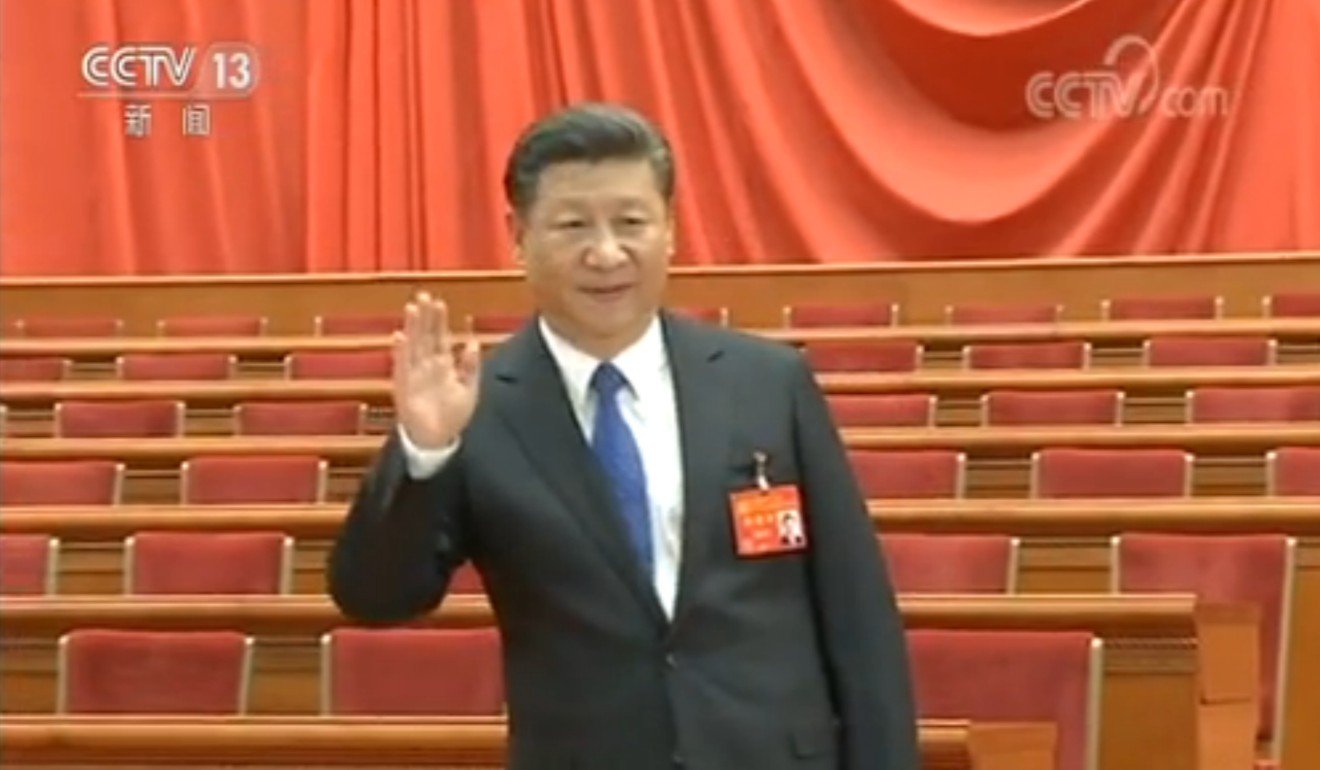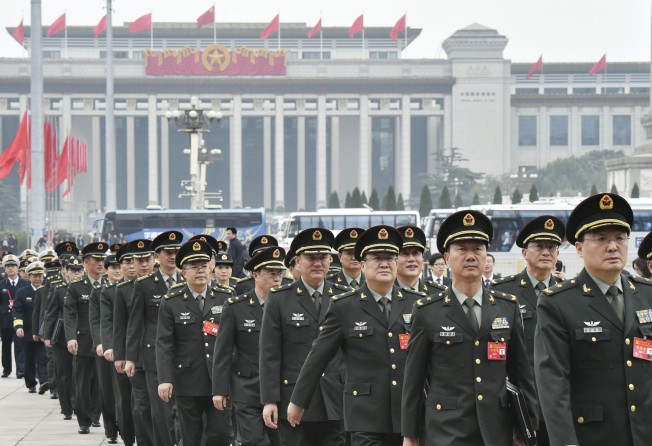
China sets date to unveil Communist Party’s new leadership line-up
Closed-door gathering decides who will determine the candidates for a seat on one of the ruling party’s highest governing bodies

The new leadership of China’s ruling Communist Party will finally be unveiled on Wednesday next week, with the party announcing its twice-a-decade national congress will conclude on October 24.
As the run-up to the congress entered the final stage on Tuesday, delegates met behind closed doors for the most important gathering of the preparations – to select the presidium, a body convened temporarily to drive the agenda of the week-long meeting.
In a show of hands, 2,280 party delegates approved 243 members of the party elite to dictate the procedure and even decide how many days the congress will run.
But the real power brokers within the presidium are the 42 members of its standing committee, the congress’s core body with the final say on who will be named among the 200 or so members of the Central Committee, the party’s governing body for the next five years.

Landing a seat on the Central Committee is a prerequisite for progression to the party’s highest ranks – the Politburo and the innermost Politburo Standing Committee.
During the congress, delegates will be presented with a shortlist of candidates for the Central Committee. There will be more candidates for the seats available and the delegates will vote to determine the least-favoured nominees.
A final vote will then be held at the end of the congress in which all of the remaining candidates will be guaranteed a seat on the Central Committee.
The presidium’s standing committee has the final say on the shortlist for the final round of voting.
It also reveals which party elders still wield influence behind the scenes of China’s opaque world of politics, even though that influence has waned during President Xi Jinping’s administration.
In addition to the 24 incumbent Politburo members, the presidium’s standing committee also includes all the retired party elders who once sat on the Politburo’s Standing Committee.
First among the elders is former president Jiang Zemin. Others include Xi’s immediate predecessor, Hu Jintao, and former premiers Wen Jiabao, Zhu Rongji and Li Peng. The eldest of the old guard is Song Ping, at 100 years old.
The only retired and surviving former Politburo Standing Committee member who did not make it to the presidium’s standing committee is Zhou Yongkang, the country’s much-feared former security tsar who is now serving a life sentence for corruption, abuse of power and leaking state secrets.
The gathering on Tuesday also revealed that 2,280 delegates would attend the congress – seven fewer than the number on a list state media published in late September. This means the seven – whose identities were not immediately clear – were disqualified at the eleventh hour.
Their disqualification is the work of another body – a 22-strong committee with the task of vetting the delegates. That body is led by Wang Qishan, the party’s formidable discipline tsar who has spearheaded an unprecedented war on corruption in the past five years.
The congress is expected to see about half of the party’s existing Central Committee members replaced.
Once finalised, the new Central Committee will endorse the line-up of the country’s top decision-making bodies – the Politburo and its Standing Committee – at its first full meeting the day after the congress closes.
Xi, who has already emerged from his first term as the most powerful leader in decades, is expected to further strengthen his hold on power by stacking the key leadership positions with his loyalists and having his political theory written into the party’s constitution.